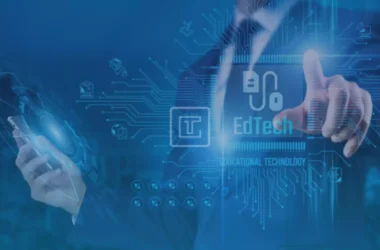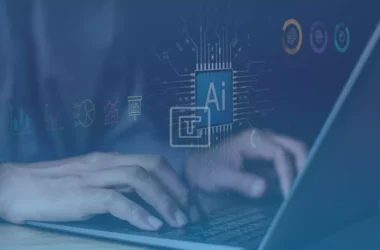The world of education is evolving rapidly. In an age where technological advancements, new pedagogical theories, and shifting student needs are constantly reshaping the landscape, schools must adopt strategies that enable them to adapt and improve continuously. This is where educational consultants come into play. These professionals are helping schools drive systemic change by fostering a culture of continuous improvement. By guiding schools in the adoption of best practices, embracing innovation, and implementing sustainable change strategies, educational consultants are becoming key players in transforming education for the better.
This article explores how educational consultants are spearheading transformation efforts in schools, helping them create an environment that values ongoing improvement, innovation, and adaptive learning strategies.
The Need for Continuous Improvement in Schools
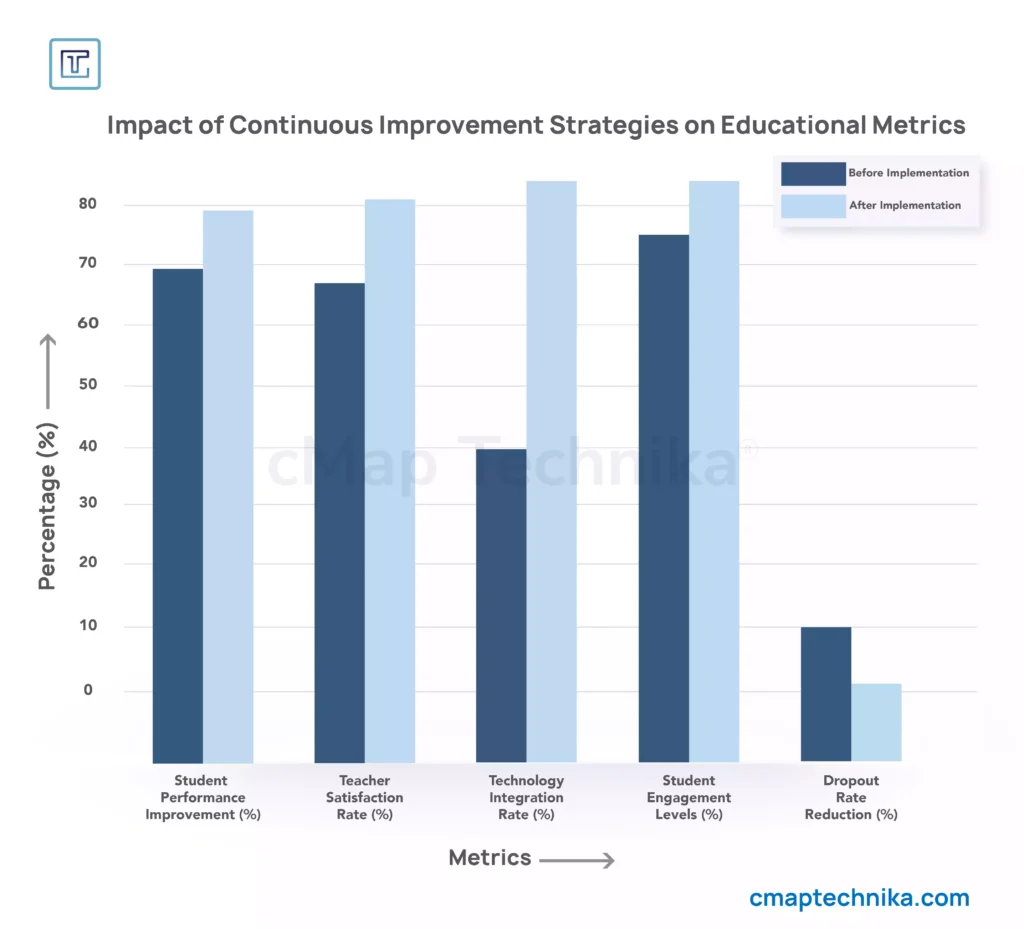
In today’s rapidly changing world, schools are under increasing pressure to provide quality education that meets the diverse needs of students. Standardized testing, technological advancements, and societal shifts have made it clear that traditional educational models no longer suffice. Schools must evolve to provide students with not just academic knowledge but the skills needed to thrive in the digital age.
To foster this evolution, schools must develop a culture that emphasizes continuous improvement—a mindset where learning, growth, and innovation are at the forefront. This requires schools to reassess their practices regularly, respond to feedback, and adopt new teaching methods and technologies that better serve students. However, implementing this cultural shift is a complex challenge, which is where educational consultants come in.
The Role of Educational Consultants in Fostering Change
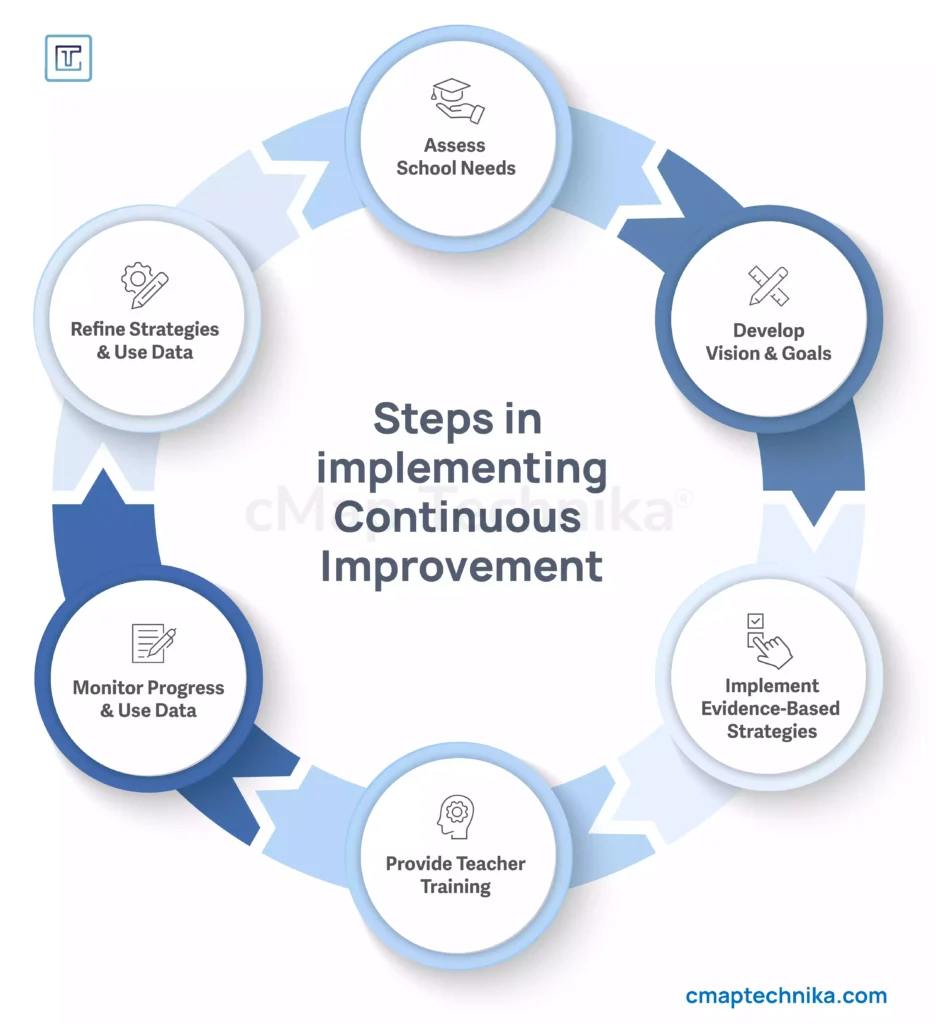
Educational consultants play a crucial role in helping schools navigate the complexities of change and foster a culture of continuous improvement. By bringing in external expertise, consultants are able to offer fresh perspectives and insights that may be overlooked by internal staff who are deeply entrenched in their daily routines. Their role is not only to provide expert advice but also to guide schools through the process of change, ensuring that strategies are implemented effectively and sustainably.
Here are some of the key strategies that educational consultants employ to drive continuous improvement in schools:
1. Creating a Vision for Change
A successful culture of continuous improvement begins with a clear, shared vision of what that change should look like. Consultants work with school leaders, teachers, and other stakeholders to define a vision for educational excellence that aligns with the school’s values and goals. This vision serves as a guiding framework for all subsequent strategies and initiatives.
Educational consultants help schools identify areas of strength and areas that require improvement. Through data analysis, surveys, and discussions, they gather feedback from students, teachers, and parents to understand the key challenges the school faces. Based on this information, consultants can help schools craft a vision that prioritizes student outcomes, teacher development, and organizational growth.
2. Implementing Evidence-Based Practices
Change is only effective if it is based on proven strategies and research. Educational consultants work with schools to implement evidence-based practices that have been shown to enhance student achievement and improve educational outcomes. These practices include differentiated instruction, formative assessments, and personalized learning—all of which help address the unique needs of every student.
Consultants help schools assess their existing practices, identify areas where improvement is needed, and introduce new, more effective methods of instruction. By integrating evidence-based strategies, consultants ensure that schools are not only adapting to change but doing so in a way that is backed by research and proven success.
3. Fostering Professional Development and Teacher Training
Teachers are the backbone of any educational institution, and their growth and development are key to fostering a culture of continuous improvement. Educational consultants work closely with schools to develop and implement professional development programs that equip teachers with the skills, knowledge, and tools they need to excel.
These programs are often tailored to the specific needs of the school and its teachers. Consultants may offer workshops on new pedagogical strategies, training on technology integration, or coaching on how to foster a positive classroom environment. By investing in teacher development, consultants help schools ensure that educators are well-equipped to meet the evolving demands of the classroom.
Moreover, consultants often introduce mentorship and coaching programs where experienced teachers can guide less-experienced ones. This peer-driven approach helps foster a collaborative culture where teachers are encouraged to share best practices and learn from each other.
4. Leveraging Technology to Enhance Learning
Technology is one of the most powerful tools available to schools today, and consultants are helping schools leverage it to enhance the learning experience. From digital classrooms and learning management systems (LMS) to AI-powered personalized learning platforms, technology has the potential to revolutionize education.
Educational consultants guide schools in integrating technology in a way that supports both teaching and learning. This could involve selecting the right software tools, training teachers to use digital platforms effectively, and ensuring that students have access to the resources they need. Consultants also help schools stay updated with the latest technological trends and advancements, ensuring that they remain at the cutting edge of educational innovation.
Additionally, consultants encourage schools to gather and analyze data through these technological tools. By tracking student progress, engagement, and achievement, schools can make informed decisions that drive continuous improvement.
5. Promoting Data-Driven Decision Making
Data is essential to understanding where a school stands in terms of student achievement and areas for improvement. Educational consultants help schools build a data-driven culture by teaching them how to collect, analyze, and interpret data effectively.
This involves more than just collecting test scores. Consultants help schools track a wide range of data points, such as attendance, student behavior, and teacher effectiveness. By using this data, school leaders can identify trends, pinpoint areas of concern, and make informed decisions that drive improvement.
For example, consultants may work with schools to develop a system for tracking the progress of individual students, which allows teachers to provide targeted interventions when needed. By using data to inform decision-making, schools can ensure that their efforts are focused on areas that will have the greatest impact on student outcomes.
6. Encouraging a Collaborative Culture
One of the most powerful drivers of continuous improvement is collaboration. Educational consultants help schools build a culture where teachers, staff, and students work together toward common goals. This involves creating opportunities for collaboration, both within and outside the classroom.
Consultants may help schools organize collaborative planning sessions, where teachers can discuss best practices, share resources, and brainstorm solutions to challenges they face. They also foster a supportive environment where staff are encouraged to collaborate across disciplines and grade levels.
Encouraging a collaborative culture not only improves teaching practices but also helps build a sense of community within the school. This shared commitment to improvement strengthens the school’s culture and creates a positive, forward-thinking environment for students.
Overcoming Challenges in Implementing Continuous Improvement
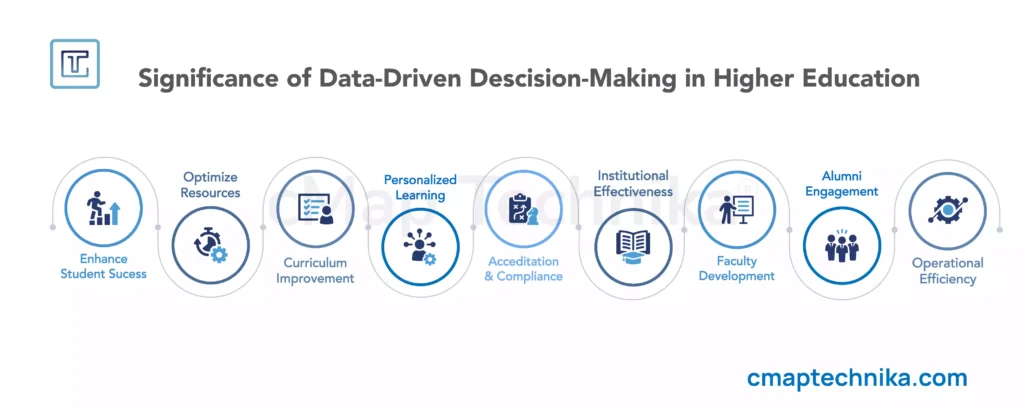
While the strategies outlined above are effective, the process of implementing continuous improvement is not without challenges. Resistance to change, lack of resources, and time constraints can all hinder progress. Educational consultants are skilled at navigating these challenges, helping schools to overcome barriers and ensure that change is sustainable.
Consultants encourage schools to start small, piloting new strategies and gradually scaling them as they prove successful. They also help schools find creative solutions to resource limitations, such as utilizing free or low-cost tools or seeking external funding opportunities. By working closely with school leaders and stakeholders, consultants help ensure that the process of change is inclusive, manageable, and aligned with the school’s long-term goals.
Conclusion
Educational consultants are playing a critical role in helping schools foster a culture of continuous improvement. By implementing evidence-based practices, promoting professional development, leveraging technology, and encouraging collaboration, they are helping schools evolve and adapt to the needs of today’s students. In a world where educational demands are constantly shifting, creating a culture of continuous improvement is no longer optional—it’s essential.
Through their expertise and guidance, consultants are enabling schools to stay ahead of the curve, ensuring that students receive the best possible education and are prepared for the future. As the education landscape continues to change, educational consultants will remain integral in helping schools navigate this evolution, creating environments where innovation, improvement, and excellence are the norm.




